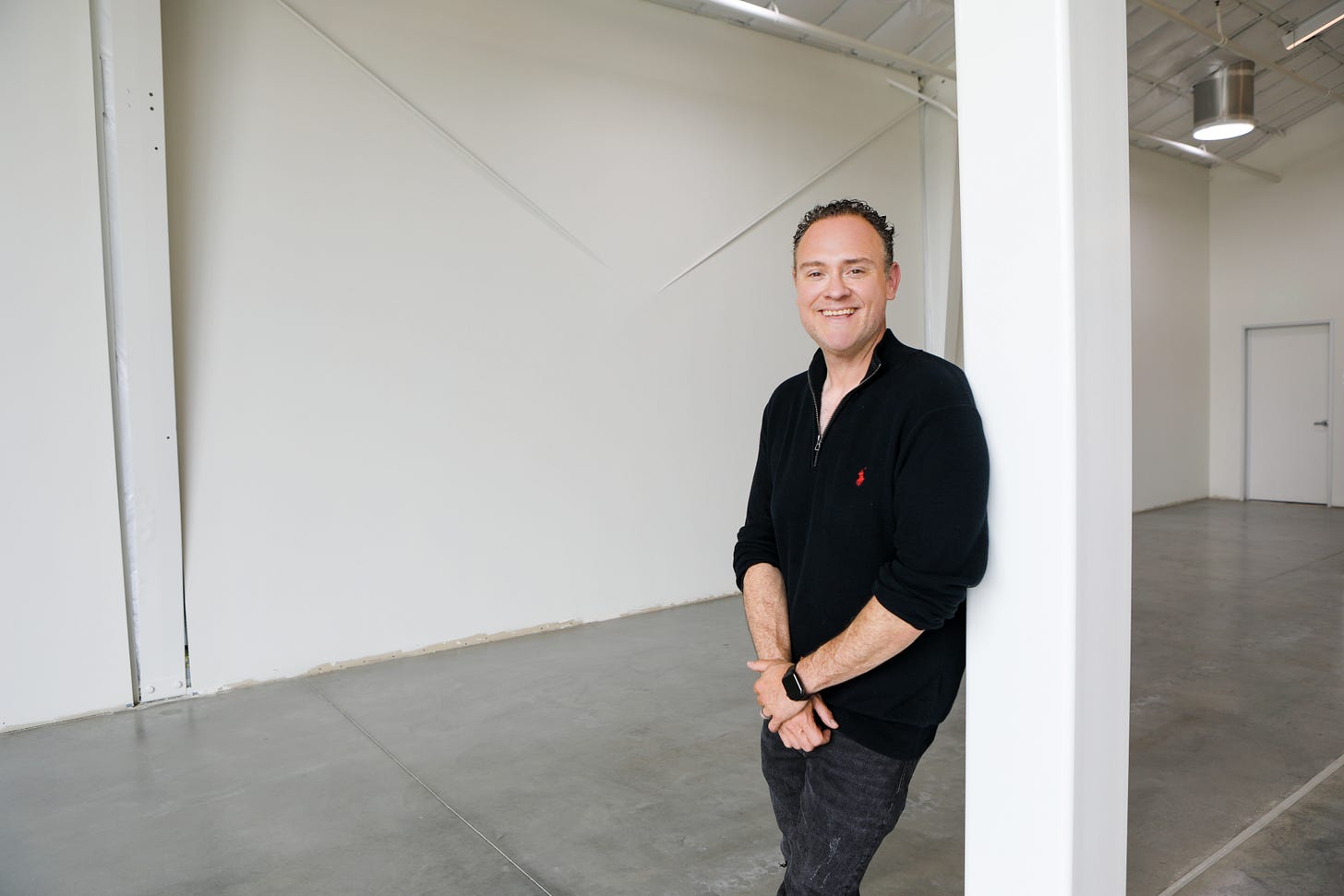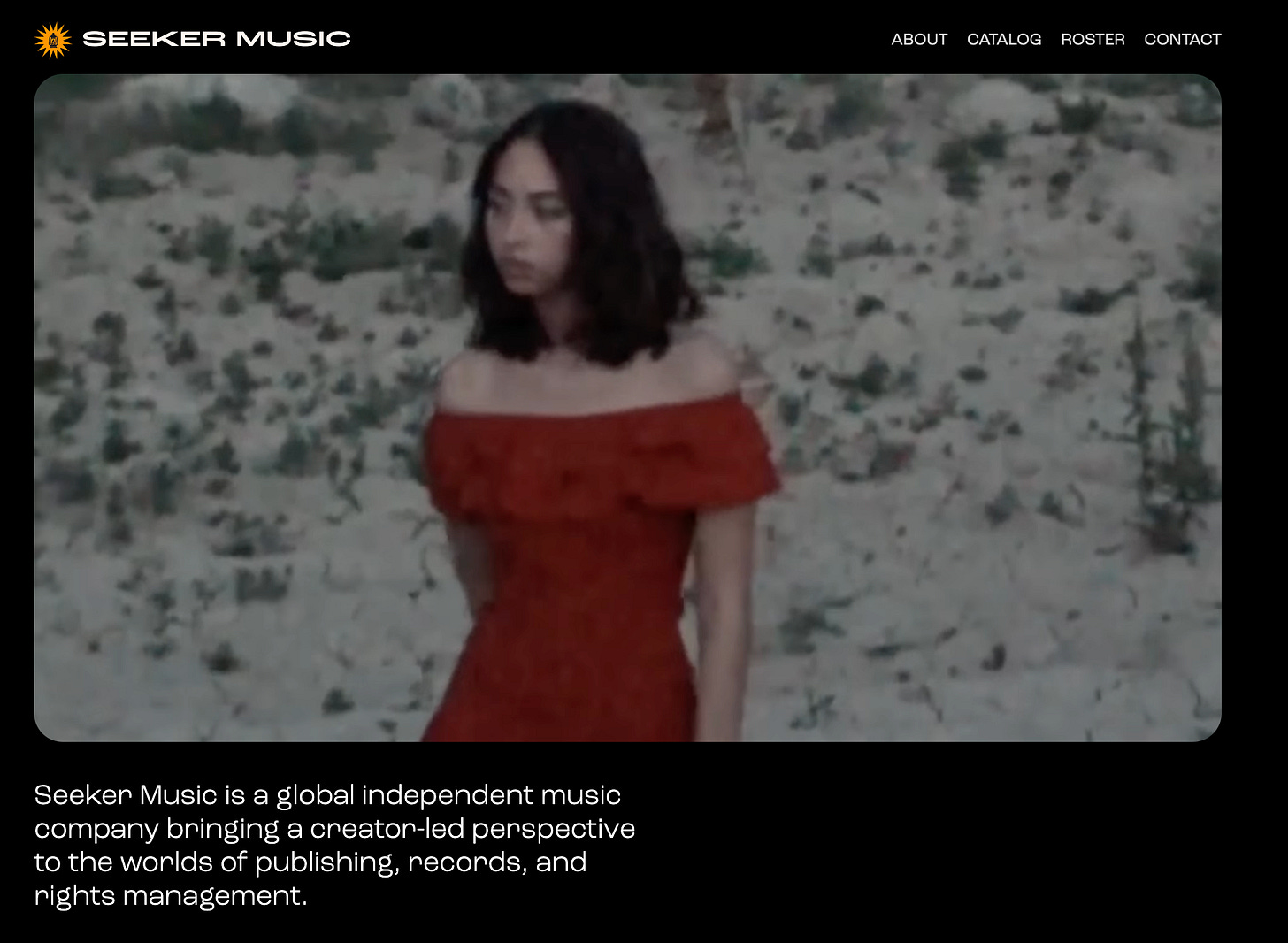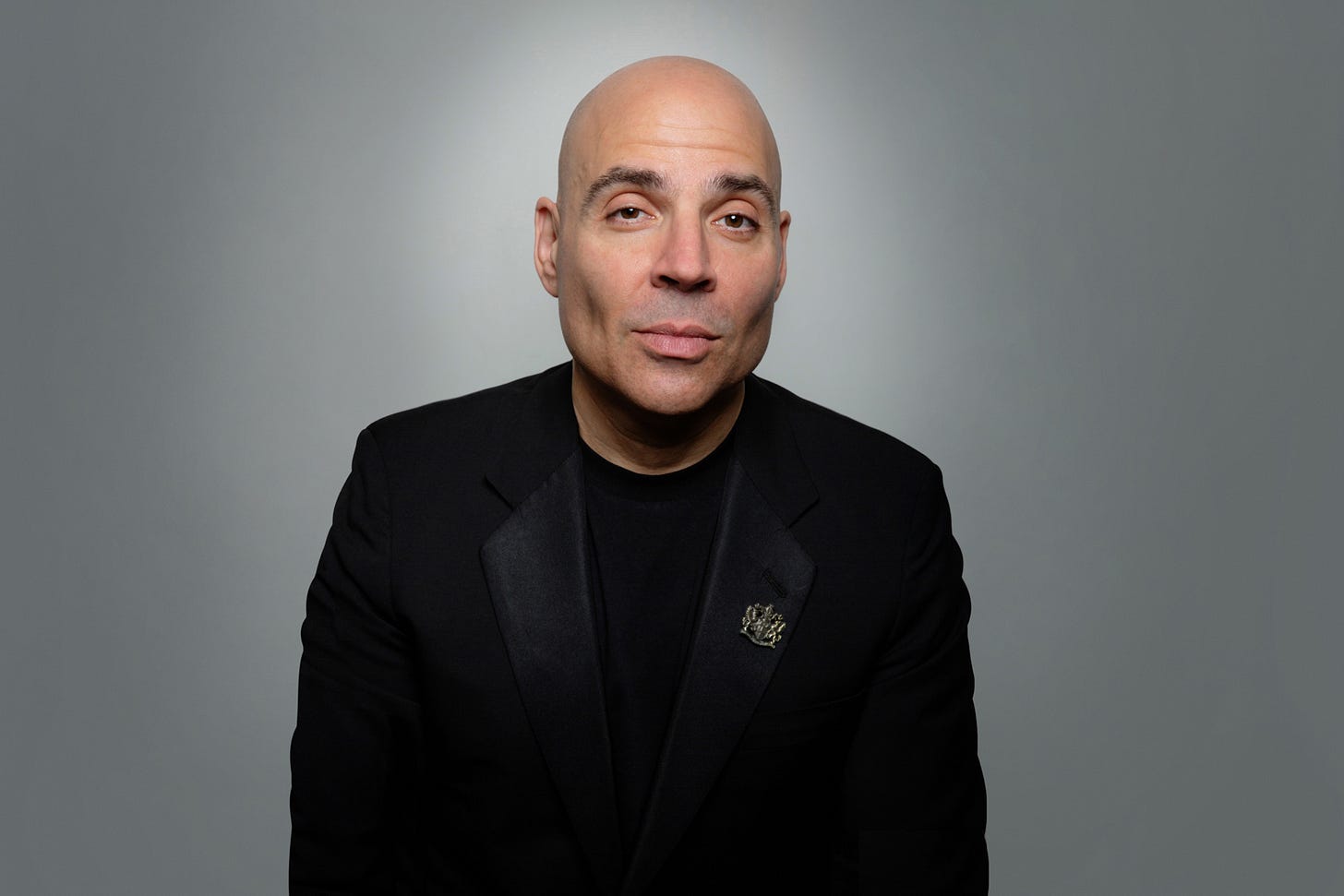When the Music Industry Loves Music: A Conversation with Evan Bogart
Hit songwriter? Artist manager? Publishing executive? Evan Bogart has done it all.
When you get a chance to talk to someone like Evan Bogart, it’s hard to know where to start. Bogart has written songs for Beyoncé, Madonna, Rihanna, Jason Derulo, Lizzo, and Sean Kingston, among many others. He’s also founded Seeker Music, one of the hottest music publishing companies right now. If that’s not enough, he’s the son of Neil Bogart, the man behind Casablanca Records, one of the biggest labels of the late-1970s.
In short, Evan Bogart has a lot going on. Rather than choosing a single topic, we decided to cover it all. Over an hour, Bogart and I talked about the boom in music catalog purchases, why he can’t do business with songwriters he doesn’t love, what makes a good sample, and so much more.
A Conversation with Evan Bogart
You are the CEO of Seeker Music, a publishing and record company that manages a bespoke set of 14,000 copyrights and master recordings belonging to some of the world’s most popular artists, including Run the Jewels, Justin Bieber, and John Legend. Before we talk about the two sides of your business, I want to start with something even simpler, Seeker’s Twitter bio: “Creator First, Creator Led, Music Always.” So many music companies claim they are on the side of artists these days. What does a “creator first” company mean specifically to Seeker?
I'm a songwriter. So, all of these other companies that claim that they are “creator first,” aren't led by an actual, active songwriter. When somebody says “creator-led” to me, I’m like, “Cool, how? Because the guy running your company was in the business affairs department at BMG.”
Can you tell me a bit more about how Seeker came to be?
The long, winding story about Seeker is that I started as an artist, then went to the label side, then worked as a manager and an agent, and then found songwriting. In other words, I’ve sort of touched the whole business. Throughout my career I’ve found that while I love creating music, I really love helping champion other music creators.
In 2019, I turned 41, and was approaching my 25th year in the business. I sort of felt like I was doing the same thing again and again. I started wondering how I could channel everything I’d experienced into championing n new artists and creators. During that year, these investors came to me and said, “We want to build an independent music company from the ground up, and we're looking for a creative person with a vision to lead it.” So, I gave them my pitch, and they connected with it.
What was that pitch?
It’s basically what I’ve been telling you. We would be a creator-led company working with a small team to purchase catalogs, develop artists, and bring all that talent to more people. We are always guided about what is best for the songs, or the songwriter, and how we can celebrate them. Also, we only get involved in music that we are in love with. That’s not how many companies work. They’ll purchase a catalog or sign an artist that supposedly has some untapped financial value and then figure out what to do with it. We take a different approach, one that is perceived as backwards by many people.
First, we find songs that we love. Then we come up with a plan for how we are going to celebrate it, and only then do we create a financial model to value that catalog. From my personal experience developing talent and writing, it doesn’t work unless you truly love the music first and have a plan for what you’re gonna do with it. Everything else, while just as important, is secondary to us.
That’s refreshing to hear. I feel like the philosophy over the last few years in the publishing world has been to buy as many songs as possible and then see what happens.
You need to love the music and have a plan. Sometimes you’ll see people sign a songwriter and then book their calendar full for the next four months. No one’s asking if that songwriter is being put in good rooms with the right people. If you’ve never written, you’ll assume that as long as the songwriter is busy then things are working. That’s not the case.
Have you experienced an opportunity that you thought was a good business decision but weren’t moved enough by the art, so you passed?
Yes. And it confuses the hell out of people. Somebody might bring a catalog to us and say it’s earning $800,000 a year. They expect us to jump on it, and we’re like, “Sorry. We’re going to sit this one out. We just don’t love the music.” That attitude doesn’t compute with most people.
One way I describe this business to people is that it’s like fantasy football but for songs. I’m drafting my roster, my catalog. I want the players that I want, and I’m not going to pay for someone if I don’t personally believe in them. Our priority is creativity, love, passion, and celebration. If we just bought things we didn’t care about, sat on them, hoped they grew, and then sold them, we wouldn’t be a platform. We’d just be an asset vehicle.
Let’s talk about the publishing side of your business. Seeker has been part of a boom in companies acquiring songwriter catalogs for eye-popping sums. With the sale of Hipgnosis, arguably the biggest spender in the space, things seem to have cooled off a bit. What do you see as the future for catalog acquisitions?
Two things. First, I need to give kudos to Merck Mercuriadis of Hipgnosis. Seeker probably wouldn’t exist without them. They really commercialized catalog acquisition. Second, I don’t think the space has cooled off. It’s just that Mercuriadis and Hipgnosis aren’t talking to the press about catalog acquisitions every week. People were buying catalogs long before Hipgnosis. And they are still buying them now. And so are we. People are reaching out to us every week trying to sell. It’s just not on the front page of The New York Times.
In an interview with Barron’s you said, “There’s all these different approaches to improving catalogs and reintroducing them to people who are already fans in new ways and to a whole new generation who never heard the music before.” What is Seeker’s philosophy in valuing a catalog and how do you make sure you are going to see a return on your investment?
Every catalog is different. There's no one size fits all approach to the creative exploitation of older music. But you always have to look at where a catalog has traditionally been successful. And you have to figure out how to honor the artist and the fans. Realistically, we look into everything from physical releases to remixes to tapping into Discord fan communities to TikTok campaigns and everything else. Honestly, sometimes you just need to make sure the artists’ songs are available on streaming services. But it is unique from catalog-to-catalog.
Do you have any specific examples?
Sure. We purchased Christopher Cross’s catalog last year. We wouldn’t promote his songs on Fortnite. That wouldn’t make sense. (We did license them to a different video game that was doing a yacht rock thing, though.) More of our efforts were focused on growing his streaming numbers. In the first year, his streams were up 300%. Part of the reason for that was previously some of his albums never made it to streaming. We made sure they were up there and did a marketing campaign around them as if they were brand new releases.
Interestingly, there might be some opportunities with getting new artists to sample his music. We have a lot of stuff in our catalog that hip-hop and R&B artists have flipped into new songs. Right now, we’re having a massive success with “A Bar Song” by Shaboozey. We own “Tipsy” by J-Kwon, which Shaboozey interpolated on that song.
Did your team pitch that to Shaboozey? Or did his team just happen to use it?
It was pitched to Shaboozey and his team at some point. I was not in the room, so I can’t speak to the specifics.
Correct me if I’m wrong, but I believe the first huge hit that you had, Rihanna’s “SOS”, sampled an older hit, namely Soft Cell’s “Tainted Love” from 1981.






